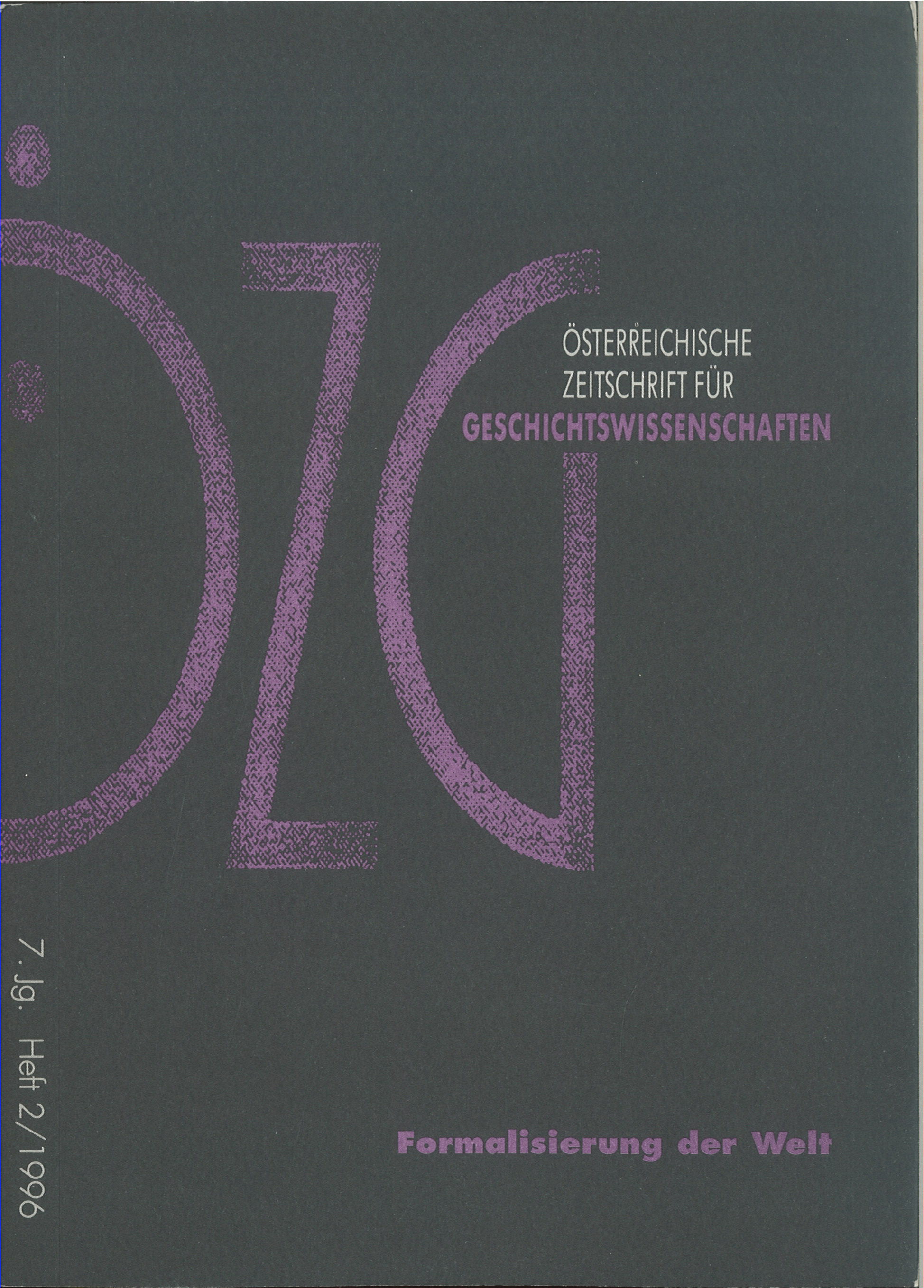Statistics, Social Science, and the Culture of Objectivity
DOI:
https://doi.org/10.25365/oezg-1996-7-2-2Abstract
Contrary to the presumption common in the social sciences, that culture and rationality are in opposition and mutually exclusive of each other - a presumption shared by such different approaches as game theory, rational choice theory and cultural anthropology - , the author emphazises that cultures always have their own rationalities. Standards of reasonableness cannot be thought of as universal, but inevitably reflect culture. Rationality is conditioned, so the author argues, by political forms, economic circumstances, institutions, laws, and customs. This is also true for cultures of objectivity, which are based on the rejection of what is usually conceived of as subjective, linked to emotions and to the personal. The examples of the historic struggles relating to the profession of accountants and the invention of cost-benefit analysis in the United States enable the author to put forward the argument that the quest for objectivity is in itself the cultural expression of a need emerging within societies where political order is not self- evident. Not only bureaucracies impose general standards of administration to avoid severe political conflicts, but various outsiders in different spheres of a society try and manage to gain credibility by escaping what is tainted by personal interest and subjectivity. From this perspective, the author identifies the insistence on impersonal rules in science as a cultural response to conditions of distrust within the corresponding disciplines and in the larger society, and discusses the uses made of statistics in the social sciences characterised by the reduction of quantification to impersonal, unitary, almost mechanical, strategies of analysis.


